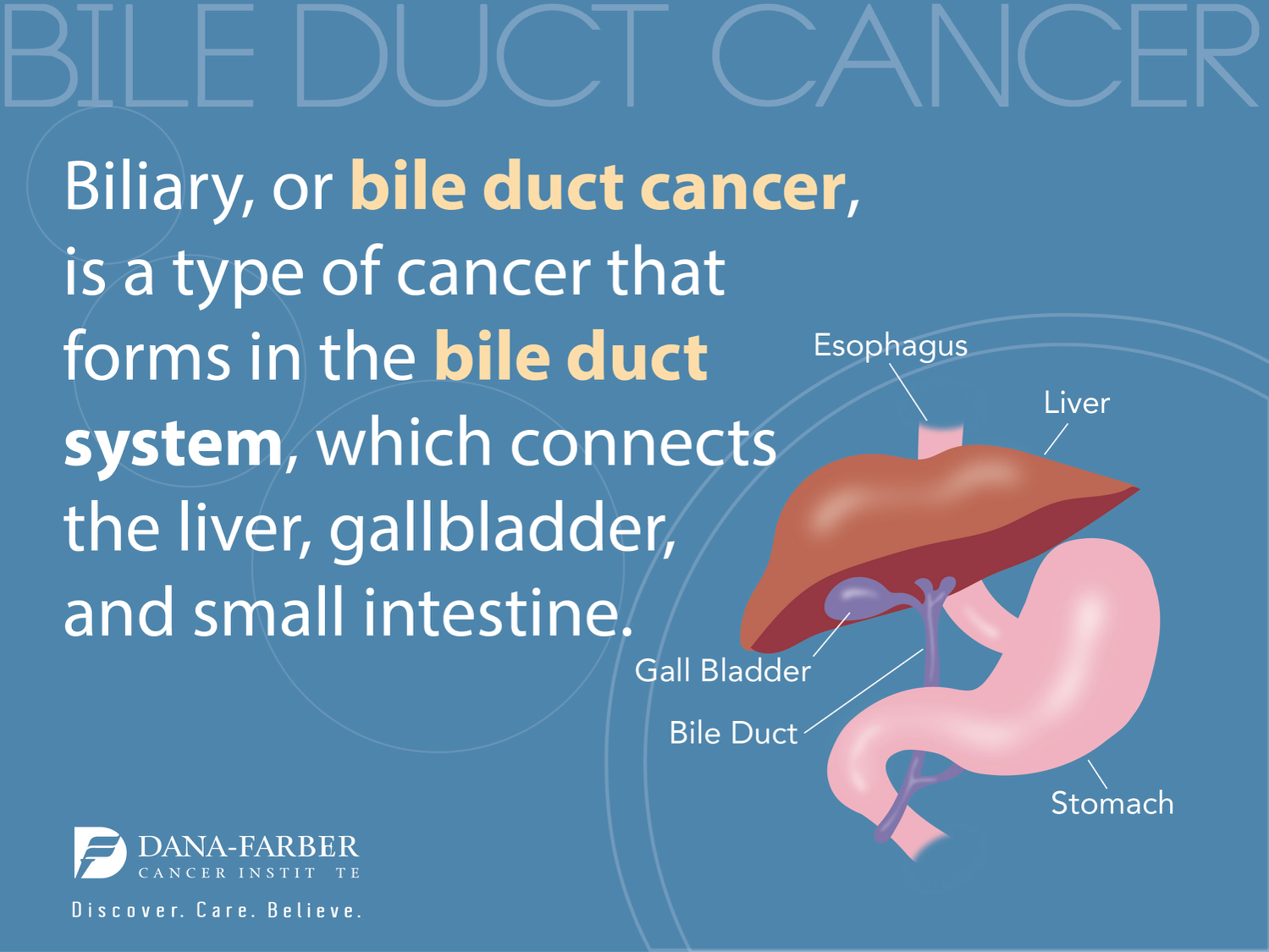In recent studies, plant-based oils have emerged as a crucial dietary alternative that could significantly enhance our health and longevity. Replacing butter with plant-based oils, such as olive, canola, and soybean oil, may reduce the risk of premature death by an astonishing 17%. This dietary swap not only presents a flavorful way to enhance meals but also carries profound health benefits, particularly in reducing cancer mortality rates and improving overall wellness. As we become more conscious about dietary choices, the role of these oils in our diets highlights important dietary swaps for health that can lead to substantial life improvements. With compelling evidence from leading health institutions, embracing plant-based oils is a simple yet powerful step towards a healthier future.
Embracing oils derived from plants represents not just a culinary shift, but a transformative approach to health and nutrition. Studies suggest that integrating liquid fats from seeds and fruits can have profound effects on mortality, specifically concerning heart disease and cancer. This approach aligns with current trends towards more wholesome, plant-centric diets, often leading individuals to seek alternatives to traditional dairy fat sources like butter. By substituting these healthy oils, one might not only enjoy flavorful adaptations in their cooking but also garner significant long-term health benefits that modern research is revealing. As we navigate dietary choices aimed at longevity, the use of these oils underscores the necessity for healthier eating habits.
The Health Benefits of Plant-Based Oils
Plant-based oils are a fantastic alternative to saturated fats such as butter. They are rich in unsaturated fatty acids, which have been shown to reduce the risk of chronic diseases, including heart disease and various types of cancer. Incorporating oils like olive, canola, and soybean into your daily diet can provide substantial health benefits, including lowering cholesterol levels and promoting cardiovascular health. Research has demonstrated that a daily intake of plant-based oils can lead to a longer life through reducing the risk of premature death by 17%, highlighting their importance in a health-conscious diet.
Moreover, studies suggest that the regular consumption of plant-based oils has a favorable impact on overall well-being. The unsaturated fats found in these oils can help to reduce inflammatory processes within the body, which are often precursors to serious health conditions. By replacing butter with these healthier oils, individuals can significantly decrease their risk of diseases such as heart disease, high blood pressure, and diabetes. As the research from Mass General Brigham indicates, even small dietary swaps, like using plant-based oils, can lead to meaningful long-term health improvements.
Dietary Swaps for Improved Health
Making simple dietary swaps can lead to increased health benefits and a reduced risk of chronic conditions. One of the most effective changes is swapping out butter for plant-based oils. This single replacement not only lowers saturated fat intake but also enhances the intake of healthy fats, which can improve heart health and reduce cancer mortality rates. The study finds that such changes can significantly cut the likelihood of premature death, showing that even minor adjustments in diet can create a significant impact.
Additionally, dietary swaps extend beyond just fats; incorporating more fruits, vegetables, and whole grains into meals can further contribute to a healthier lifestyle. Substituting high-calorie, high-fat items with nutrient-dense alternatives not only supports weight management but also enhances overall nutrition. People are encouraged to embrace a variety of food options and experiment with healthful alternatives, thereby fostering a more resilient and disease-resistant body.
Understanding the Risks of Saturated Fat
Saturated fats, like those found in butter, have been linked to a higher risk of various health issues, primarily cardiovascular diseases and some cancers. The recent research illustrates that individuals who consume larger amounts of butter face a greater risk of total and cancer-related mortality compared to those who use less. This provides a compelling argument for reducing saturated fat intake as part of a strategy to extend lifespan and improve quality of life.
Understanding the implications of saturated fat consumption is crucial for ensuring long-term health. The body may struggle to process excess saturated fats, leading to increased cholesterol levels and plaque buildup in arteries. The findings suggest that replacing butter with healthier oils could mitigate these risks while simultaneously promoting better health outcomes and lowering the risk of conditions related to premature death.
The Role of Unsaturated Fats in Diet
Unsaturated fats play a vital role in maintaining health and preventing disease. These healthy fats, prevalent in plant-based oils, help promote better heart health, reduce bad cholesterol levels, and lower the risk of developing type 2 diabetes. By integrating oils such as olive and canola into daily meals, individuals can enjoy the health benefits that come with unsaturated fat consumption, leading to a well-rounded and nourishing diet.
Moreover, unsaturated fats contribute to proper brain function and support a strong immune system. Research has shown that these fats can decrease inflammation, which is vital in reducing the risk of chronic diseases. Therefore, embracing the use of plant-based oils not only enhances flavor but also significantly boosts overall health, making it a smart choice for anyone looking to improve their dietary habits.
The Impact of Dietary Choices on Longevity
Dietary choices heavily influence longevity and quality of life outcomes. Studies have shown that individuals who adhere to healthier eating patterns, such as incorporating plant-based oils instead of butter, see significant improvements in their overall health. These dietary decisions can lead to lower rates of chronic disease, ultimately extending life expectancy and enhancing life quality.
Furthermore, there is increasing evidence that dietary habits adopted early in life can have lasting effects on health in later years. By consistently choosing healthier oils, individuals can establish a foundation for better health outcomes. Such awareness about dietary choices not only encourages better eating but also fosters a proactive approach to personal health management, demonstrating the critical link between diet and longevity.
Cancer Mortality Reduction Through Dietary Choices
Substituting unhealthy fats with healthier options such as plant-based oils can have meaningful effects on cancer mortality rates. The research highlights that individuals who replace butter with healthier oils reduce their risk of cancer-related deaths significantly. This underscores the vital connection between dietary fat type and health outcomes, particularly concerning serious diseases like cancer.
Incorporating plant-based oils into one’s diet not only fosters better nutrition but also offers protection against certain cancers. As studies continue to unveil the benefits of dietary fat on overall mortality, it becomes increasingly clear that making educated dietary choices can serve as a powerful tool in cancer prevention strategies. Thus, nurturing such habits is essential for long-term health.
Balancing Fats in a Modern Diet
Achieving a balanced fat intake is essential for optimizing health. In contemporary diets, the prevalence of saturated fats often overshadows the benefits of healthier alternatives such as plant-based oils. Prioritizing unsaturated fats over saturated fats can result in improved heart health and a lower likelihood of developing chronic diseases. This balance is not just about reducing fats but also about choosing wisely which fats to include in your nutrition.
Educational efforts aimed at informing the public about fat types and their effects are crucial in creating healthier eating patterns. By emphasizing the importance of plant-based oils as beneficial dietary fats, individuals can make informed choices that positively impact their health while enjoying flavorful meals. Adopting this fat-balanced approach is key to a sustainable lifestyle that supports long-term health.
The Future of Dietary Guidelines
As new research emerges on the impact of dietary fats on health, it is crucial for dietary guidelines to evolve accordingly. The findings regarding the benefits of substituting plant-based oils for butter suggest that dietary recommendations should place a greater emphasis on unsaturated fats rather than saturated fats. Updating these guidelines can guide individuals toward healthier food choices, potentially reducing the risk of chronic diseases in the population.
Future guidelines should incorporate evidence-based approaches that promote healthful dietary patterns, including the integration of more plant-based oils. These recommendations would reflect the latest scientific findings aimed at reducing premature death risks and improving overall health outcomes. Ultimately, the adoption of updated dietary standards would not only benefit individual health but also contribute to public health strategies aimed at lowering mortality rates associated with diet.
Frequently Asked Questions
What are the health benefits of replacing butter with plant-based oils?
Replacing butter with plant-based oils can significantly reduce the risk of premature death by 17%, according to recent studies. Plant-based oils, such as olive, canola, and soybean oils, are rich in unsaturated fatty acids, which contribute to better heart health and lower cancer mortality rates compared to the saturated fats found in butter.
How can dietary swaps for health improve longevity?
Dietary swaps for health, such as substituting butter with plant-based oils, can improve longevity by reducing the risk of chronic diseases. A study showed that higher consumption of plant-based oils correlates with lower mortality rates, making them a smart choice for those looking to enhance their dietary habits and overall health.
Is there a link between plant-based oils and cancer mortality reduction?
Yes, research indicates that increased consumption of plant-based oils is associated with a reduction in cancer mortality. By replacing butter, which is linked to higher cancer risk, with healthier plant-based oils, individuals can contribute to better long-term health outcomes.
Can using plant-based oils in cooking lead to better health outcomes?
Absolutely! Incorporating plant-based oils into your cooking and daily diet can lead to better health outcomes. Studies have shown that even small reductions in butter consumption, replaced with plant-based oils, can lower the risk of premature death and chronic disease significantly.
What types of plant-based oils are best for dietary swaps?
The best types of plant-based oils for dietary swaps include olive oil, soybean oil, and canola oil. These oils not only enhance flavor but also provide essential fatty acids that support heart health and lower the risk of diseases.
How does reducing butter intake affect premature death risk?
Reducing butter intake and replacing it with plant-based oils has been shown to lower the risk of premature death by 17%. The study indicates that daily consumption of healthier oils can mitigate the negative health impacts associated with saturated fats found in butter.
| Key Findings | Details |
|---|---|
| Health Benefits of Plant-Based Oils | Replacing butter with plant-based oils can lead to a 17% lower risk of premature death, according to research from Mass General Brigham. |
| Longitudinal Study | The study analyzed dietary data from over 200,000 participants over 30 years. |
| Plant-Based Oil Types | Oils studied include soybean, olive, and canola oil. |
| Effect on Mortality Risk | Higher consumption of plant-based oils correlated with lower rates of total, cancer, and cardiovascular mortality. |
| Butter vs Plant-Based Oils | Higher butter intake is linked to increased risks of premature death, while higher plant-based oil intake is linked to lower risks. |
| Public Health Implications | This dietary swap could significantly reduce deaths from chronic diseases. |
| Limitations | Participants mainly consisted of health professionals, limiting generalizability. |
Summary
Plant-based oils play a crucial role in enhancing longevity and reducing the risk of premature death. By simply substituting butter with oils like soybean, olive, or canola, individuals can experience significant health benefits. Studies suggest a remarkable 17% reduction in the risk of death when incorporating these healthier fats into the daily diet. This finding underscores the potential of plant-based oils as a simple yet effective dietary change that not only promotes individual health but could also alleviate public health burdens associated with chronic diseases.







